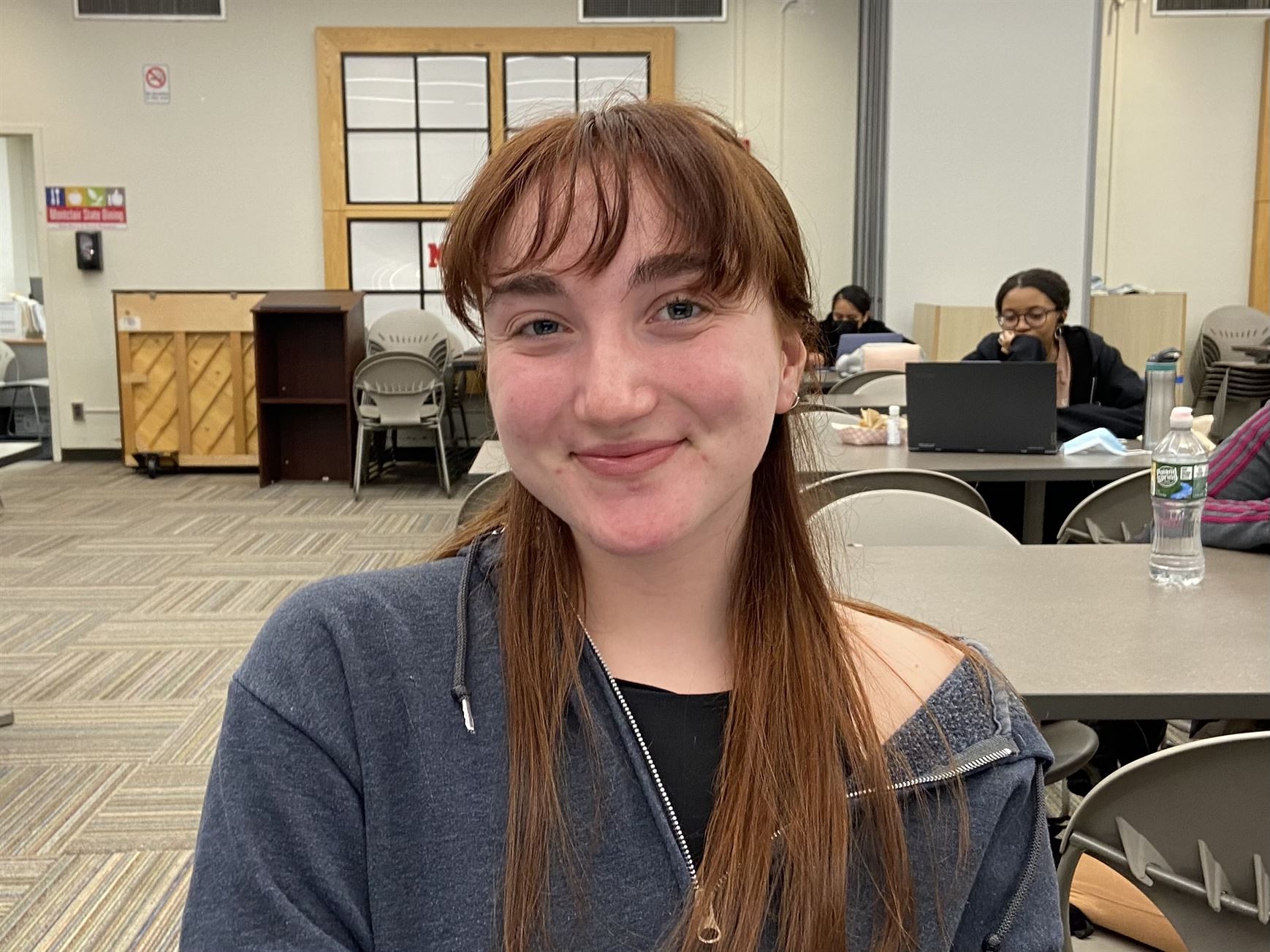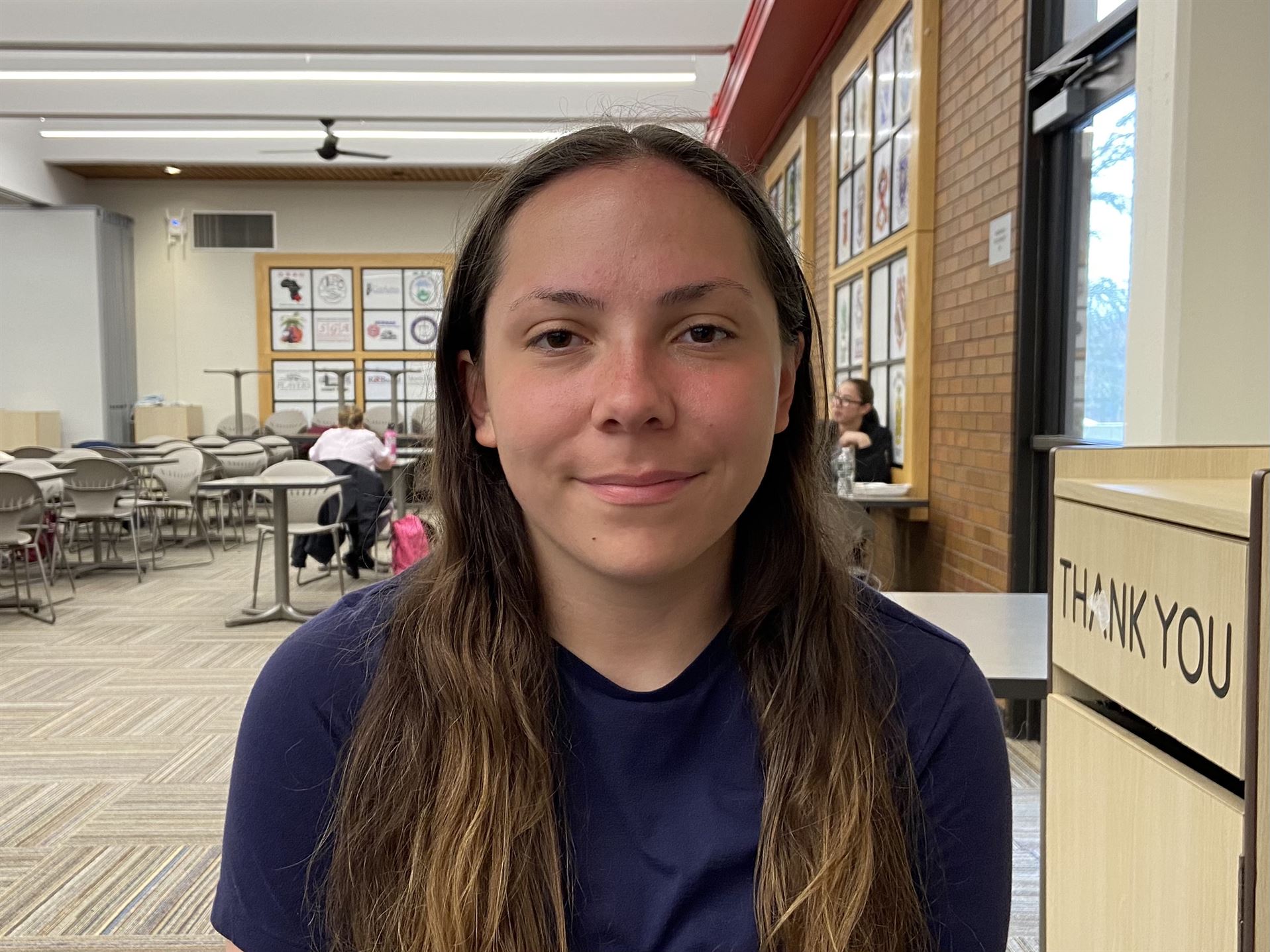After President Joe Biden signaled that his campaign promise to forgive some federal student loan debt is in the works, Montclair State University students expressed mixed opinions on the debt cancellation debate.
During a meeting with the Congressional Hispanic Caucus on Monday, April 24, Biden indicated that his administration is looking to take action to provide student loan relief.
Four days after the meeting, Representative Tony Cárdenas (D-CA) tweeted that Biden told him the representative would “be pleased with what his team is working on” after Cárdenas asked the president about delaying the freeze on student loans and forgiving at least $10,000 per borrower.
As a presidential candidate, Biden supported the cancellation of student loans for the same amount. Senate Majority Leader Chuck Schumer (D-NY), Senator Elizabeth Warren (D-MA) and others urged Biden to forgive up to $50,000.
Earlier this month, the Biden administration announced the seventh extension of the pause on federal student loan payments from May 1 to Aug. 31. The freeze began early in the coronavirus (COVID-19) pandemic when the Coronavirus Aid, Relief and Economic Security (CARES) Act was signed into law on March 27, 2020.
The pause was extended repeatedly over two presidential administrations, making it so borrowers do not have to make payments on their student loans nor have accruing interest on them for more than two years.
Student loan debt in the United States totaled $1.7 trillion, making it the second-largest source of debt in the country, after mortgages. This debt was held by 43.4 million Americans, including many Montclair State students.
University President Jonathan Koppell announced on April 13 that tuition and fees for students will increase three to five percent for the 2022-2023 academic year. Amid soaring prices, students shared varied perspectives on the debate to forgive student loans.
Nora Penner, a sophomore exercise science major, said the rising cost of college is making it impossible for many to earn a higher education.
“I feel like [Biden] should cancel [student loans],” Penner said. “I think college has gotten way too expensive and it’s only getting more expensive where it’s becoming really inaccessible to people and just not a [realistic] goal. A lot of families go into debt because of it.”

Nora Penner, a sophomore exercise science major, says that the increase on college tuition is making it harder for many students to afford education.
Maja Koprivica | The Montclarion
Penner also expressed concern about paying for her academic aspirations.
“I’ll have to start paying for school soon, out of my own pocket,” Penner said. “I want to go to [physical therapy] school afterward, so it will cost me a lot of money to do that.”
Axiom Cutler, a senior theatre major, supports forgiving student debt despite not having it herself.
“I currently don’t have any student loans because I’m fortunate enough to be in that situation,” Cutler said. “So I’m not personally affected, but I think that canceling student loans is going to be helpful for a lot of Americans.”

Axiom Cutler, a senior theater major, says she is in favor of student loan forgiveness.
Maja Koprivica | The Montclarion
Ethan Medina, a junior business administration major, is worried forgiving student debt will drive up inflation.
“If [canceling student loans] is going to be bringing up taxes and overall [prices] that everyone else is going to be paying, then I don’t really see the overall benefit,” Medina said. “Of course — me individually [as] a college student — I’m going to say, ‘yeah, of course [I want student debt to be forgiven because] I’m paying loans now,’ but next year, [I’ll be] out of college and paying taxes.”

Ethan Medina, a junior business administration major, says that he is concerned about student loan cancelation.
Maja Koprivica | The Montclarion
Carissa Flores, a freshman undecided, said many borrowers could benefit from the cancellation of student debt.
“I feel like [forgiving student loans] could be a plus for a lot of people,” Flores said. “I wish it would be easier for a lot of people.”

Carissa Flores, a freshman undecided, says many students can benefit from student loan forgiveness.
Maja Koprivica | The Montclarion
Flores suggested Biden should take a moderate approach to the debt cancellation debate.
“I feel like if [Biden] takes action on it slowly and sees how it turns out — like how he planned on [forgiving] $10,000 — and then gradually sees how it turns out, I feel like that would be better,” Flores said.



